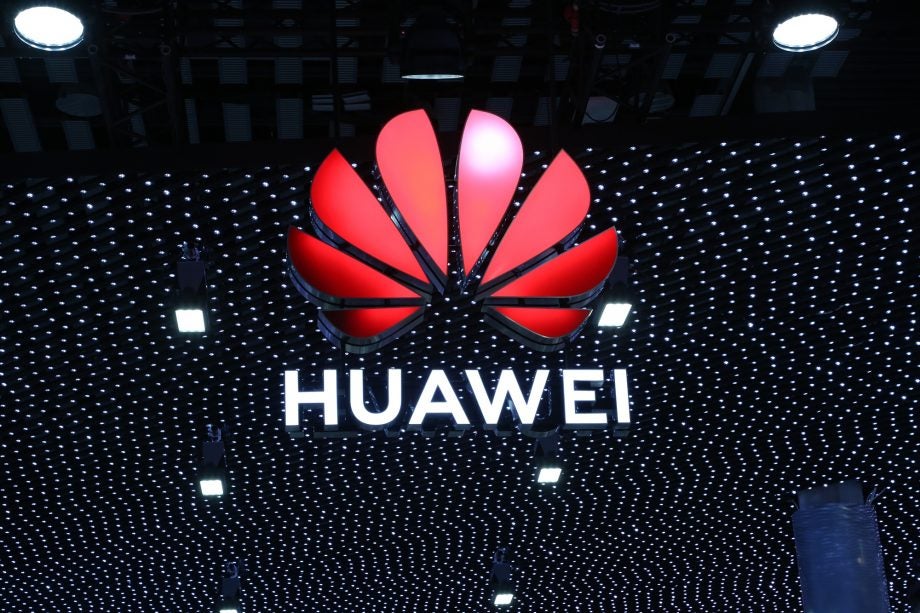What does Huawei’s involvement in the UK’s “non-core” 5G infrastructure mean?

Boris Johnson and the national security council today decided that Huawei would be allowed to supply “non-core” infrastructure for the UK’s 5G rollout.
The line between core and none-core infrastructure has been a key battleground — but what exactly does the distinction mean?
Related: Boris Johnson accused of “doing a runner” on Huawei ahead of final 5G decision
Huawei is already working at this level, with the security council’s meeting dictating that the company can continue to be involved in “non-core” infrastructure, but is not allowed to supply core infrastructure.
One of the networks that has dealt with Huawei in rolling out 5G is Vodafone. The network clarified exactly what it classifies as “core” and “non-core” infrastructure.
A Vodafone spokesperson said: “The non-core part of our network refers to the antennae and masts, which is also known as the radio access network (or RAN). A third of our RAN uses Huawei equipment.
“The core part of our network consists of servers in our data centres handling sensitive tasks such as billing and customer location data. We don’t use any Huawei equipment in our core network.”
A spokesperson from Three added: “The ‘non-core’ part of telecommunications infrastructure refers to the ‘Radio Access Network’. This is made up of base stations and antennas that deliver communications to handsets and also connect individual devices to other parts of the network.
“The ‘core’ part of the network manages traffic across the entire network and is where the more sensitive information is stored.”
The network also added that it has chosen Nokia to provide its core infrastructure. A statement from Three said: “Huawei is contracted to provide Three’s RAN equipment. We have chosen Nokia to be the core network provider which reduces our reliance on one provider.
“Our relationship with Huawei is a new one, which means we will be ensuring that they will operate at a higher standard which is in line with [the National Cyber Security Centre’s] recommendations. All security measures will be included as part of the network build.”
Seemingly then, Huawei only being involved in non-core infrastructure will mean that the company does not handle sensitive data.
Related: Huawei just scored a huge win for its 5G rollout in Europe
The US has already threatened that any involvement from Huawei in building the UK’s 5G network could result in a re-assessment of the nations’ intelligence sharing partnership. Whether limitations on Huawei’s involvement will be enough to calm US officials’ fears remains to be seen.


